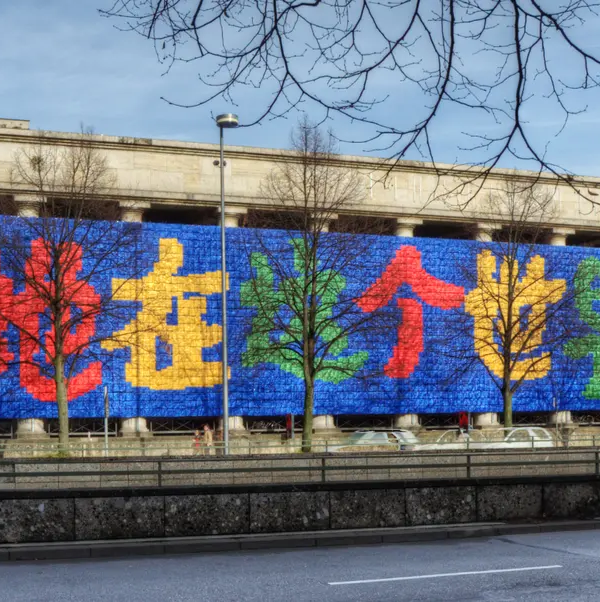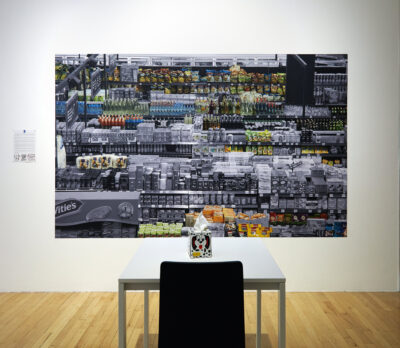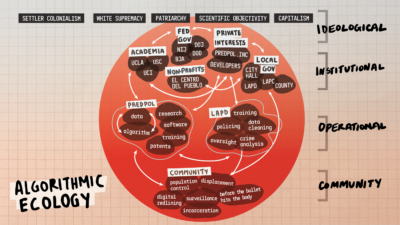Door: Ai Weiwei.
“… Sichuan had an earthquake. It was devastating: more than 80,000 lives disappeared. Many of the dead were young people at school and university. I’d been writing a daily blog – about modern Chinese society, the government and art – but I stopped suddenly. People asked me why but, faced with such a tragedy, I was silenced. I couldn’t find the right vocabulary.
The Chinese government censored and controlled all of the information about the earthquake, so people didn’t know the details of what really happened. I wanted to know how many students had lost their lives. Schools built by the state are supposed to be very secure – they should not collapse. I made hundreds of phone calls to the education department, the police and civil departments, to ask questions about the student casualties, but of course nobody would talk to me.
So I used the internet to set up a citizen investigation team. On my blog, I said: “This is my question: Where are those lives?” A lot of young people began following me intensively online and we soon had a team of 100 people. We went out to the crisis area, to the ruins of the earthquake. We knocked on doors around the villages and met victims’ parents. The information we requested was simple: names, dates of birth, the schools the children lost their lives at. We asked our team to record all the details they were given in diaries when they were in the disaster areas – just very plain language with no emotion.
Over the months, members of our team were arrested many times. Police would confiscate their belongings, delete the names they’d written down and erase photos. But we stayed determined and sent new people in. After almost a year of research, we had 5,219 names. Eventually, the government shut off the blog because there were too many people reading it and following us. This made me increasingly conscious of social and political issues relating to the internet.
I had a show coming up in Munich and decided to cover the Haus der Kunst museum’s facade with one sentence from a victim’s mother. She had written to me: “All I want is to let the world remember she had been living happily for seven years.” This beautiful little girl was just the same as any other: she liked to dance, to sing. But suddenly – because of the negligence of the government, the corruption in construction – there wasn’t a safe building for her to go to school in.
The work was called Remembering. Given all our social and political investigations, it was about how, in Chinese society, with censorship and control, individuals can still take action to defend their very, very fragile rights.”
Aldus The Gardian.




